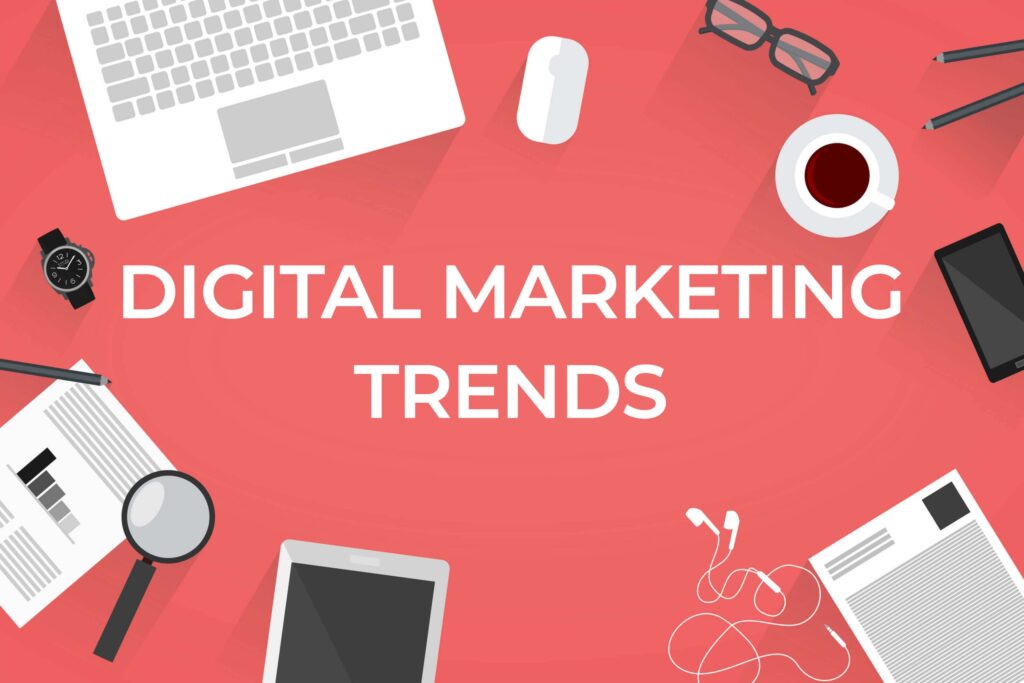Digital marketing enables businesses to reach and engage with their audiences across the internet. Unlike traditional advertising, it is often highly targeted and goal-oriented.
There are many different types of digital media channels available, each with its strengths and weaknesses. Having a well-rounded digital marketing strategy that aligns with your goals is essential to success.
1. Social Media
Around seven-in-10 Americans use social media platforms to connect with friends and family, share content, and entertain themselves. Social media sites allow for one-to-many communication and can reveal public sentiment on issues as they happen, like the success of a new restaurant or the popularity of a celebrity.
Facebook is the world’s largest social networking site, and allows users to create a profile and exchange text, photos and videos with their friends. Twitter is a micro-blogging platform that allows users to exchange short status updates. YouTube is a video-sharing website and was founded in 2005. Tumblr is a blogging and social media site that allows users to post short articles and follow other blogs.
Using social media for marketing allows your business to drive traffic to its website, blog, or online storefront. It also allows you to build brand awareness with vast audiences that you would not have reached otherwise.
2. Search Engine Optimization (SEO)
Search engine optimization is a critical digital marketing activity that can help a company grow its organic traffic. This involves making changes to a website’s content and structure to increase its visibility in search results pages (SERPs).
Search engines, like Google, use bots that crawl each page on a website, downloading and collecting information. They then build what is called an index that helps them deliver relevant search results to users.
Companies that are active in SEO can optimize their websites and blogs with targeted keywords to attract new customers. They can also utilize influencer marketing, where a brand collaborates with bloggers and social media influencers to promote its products or services. This can be a great way to gain new customers in the early stages of the sales funnel.
3. Email Marketing
Email Marketing is a type of digital marketing that involves sending emails to current and potential customers with the goal of raising brand awareness, nurturing leads or making a sale. Businesses can use various types of marketing emails to do this, including welcome emails series, product updates, promotional offers, and more.
The beauty of this type of digital marketing is that brands have full control over the information they send to their audiences, unlike other traditional forms of advertising. This also means that the information in marketing emails can be updated and modified at any time, so that it remains relevant. Additionally, the data that is collected from marketing emails can be used to further enhance future campaigns. This is a great way to make sure that companies are getting the best results from their digital marketing efforts.
4. SMS Marketing
SMS Marketing is a great way to create genuine connections with your audience, and it’s particularly effective when used alongside email marketing and personalized on-site experiences. SMS is a form of Owned Media where you have full control over who receives your message and when.
To avoid spamming your audience with too many messages, focus on highly targeted campaigns. Use gamified signup forms like a wheel of fortune or Text to Join to generate quality SMS subscribers who are genuinely engaged with your brand.
As with email marketing, you must always be compliant with the laws of your country and ensure that you only send messages to people who have opted-in to your program. This can be done by including a link to your subscription forms in every message and automating your compliance with the Omnisend platform.
5. Blogs or Review Panels
A blog is a personal website that combines text and digital images, sometimes with video, audio and other media. It may focus on a single topic or be a general online diary. Some blogs are collaborative, with posts authored by several people and organized according to a common theme, such as politics or technology.
In some cases, a blogger will receive compensation for writing reviews of products they have used or are interested in. This is often referred to as affiliate marketing and it’s an effective way of driving traffic to your website and generating sales.
Blogging can also be an important tool for students in transitioning to the academic world. For example, creating a blog allows them to practice the communication skills they will need for their university essays and projects.



